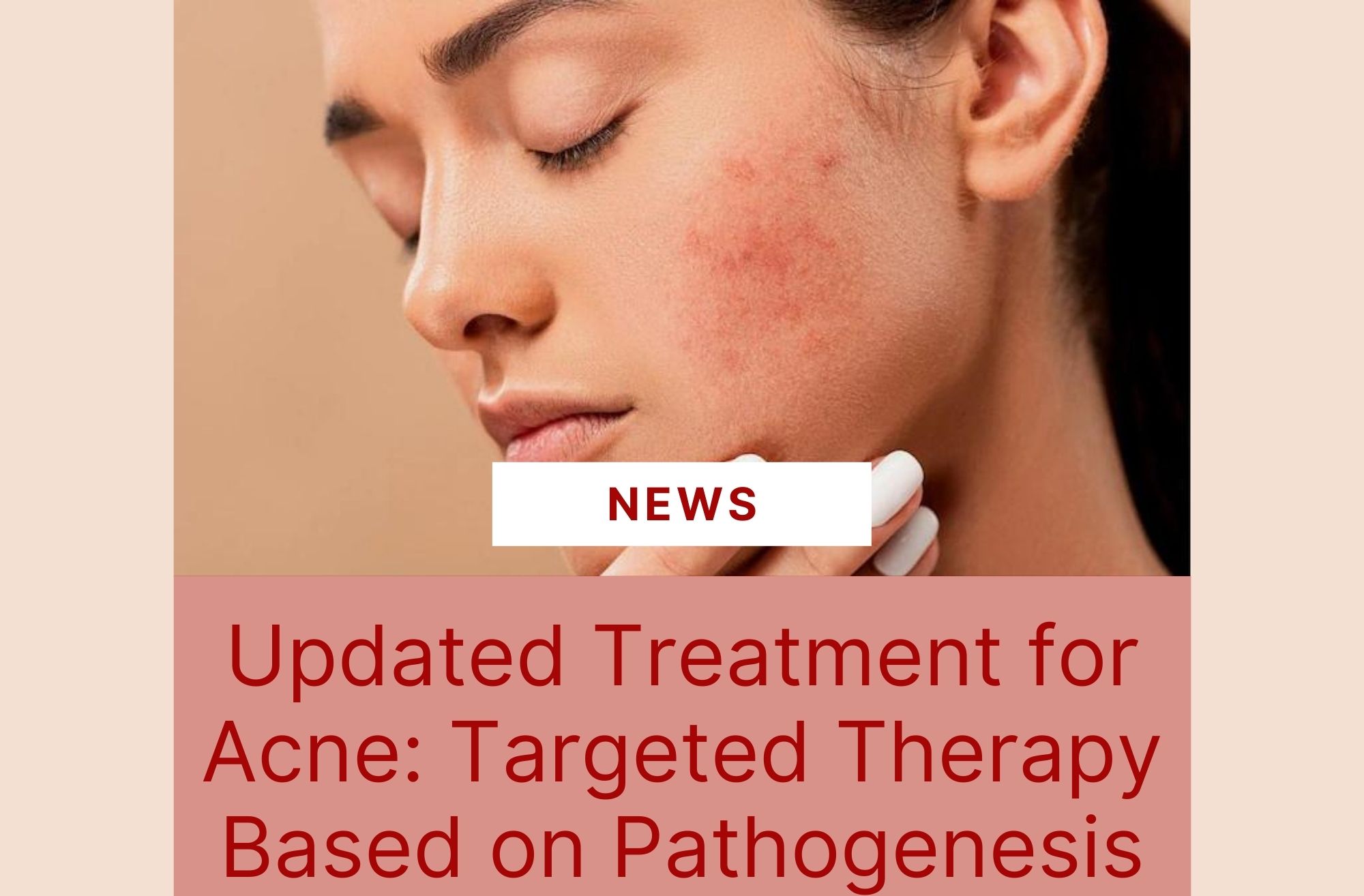One of many topics which will discussed during the 12th International Conference on Skin Ageing and Challenges 2021 is Updated Treatment for Acne: Targeted Therapy Based on Pathogenesis.

Recent advances have further elucidated the pathogenesis of acne: it is now clear that immunological factors play an important role. To date, acne pathogenesis has implicated four major factors: androgen-dependent sebogenesis, hyperkeratinization of the infundibulum, Cutibacterium acnes (C. acnes) colonization, and inflammation. Successful targeted therapy for acne currently includes topical retinoids that normalize abnormal hyperkeratinization in the infundibulum and novel topical retinoids with anti-inflammatory properties. Topical and oral antimicrobials inhibit bacterial proliferation and reduce inflammation related to cytokines and extracellular enzymes. Topical benzoyl peroxide (BPO) is highly effective in reducing both sensitive and resistant strains of C. acnes and has some impact on hyperkeratinization in the infundibulum. Anti-androgens can regulate androgen metabolism, resulting in suppression of sebum excretion. Orally administered isotretinoin is currently the only agent that can affect all four main factors implicated in acne.
In this review, they summarize updated treatments facilitating potential novel approaches in acne treatment including immunology and wound healing. In particular, biological treatments targeting IL-1β, IL-17, IL-23, and TNFα could provide novel approaches for treating severe acne and related disorders. In addition, biological antibodies targeting TGFβ, IL-6, MMP, IGF-1, and B cells may be a potential strategy for the prevention and treatment of this type of scar in the future. Future treatment for acne should embrace approaches that target the main etiological factors of acne.
DOI: https://doi.org/10.1007/s13555-021-00552-6
Did you like the news ? Please share it with your circle.